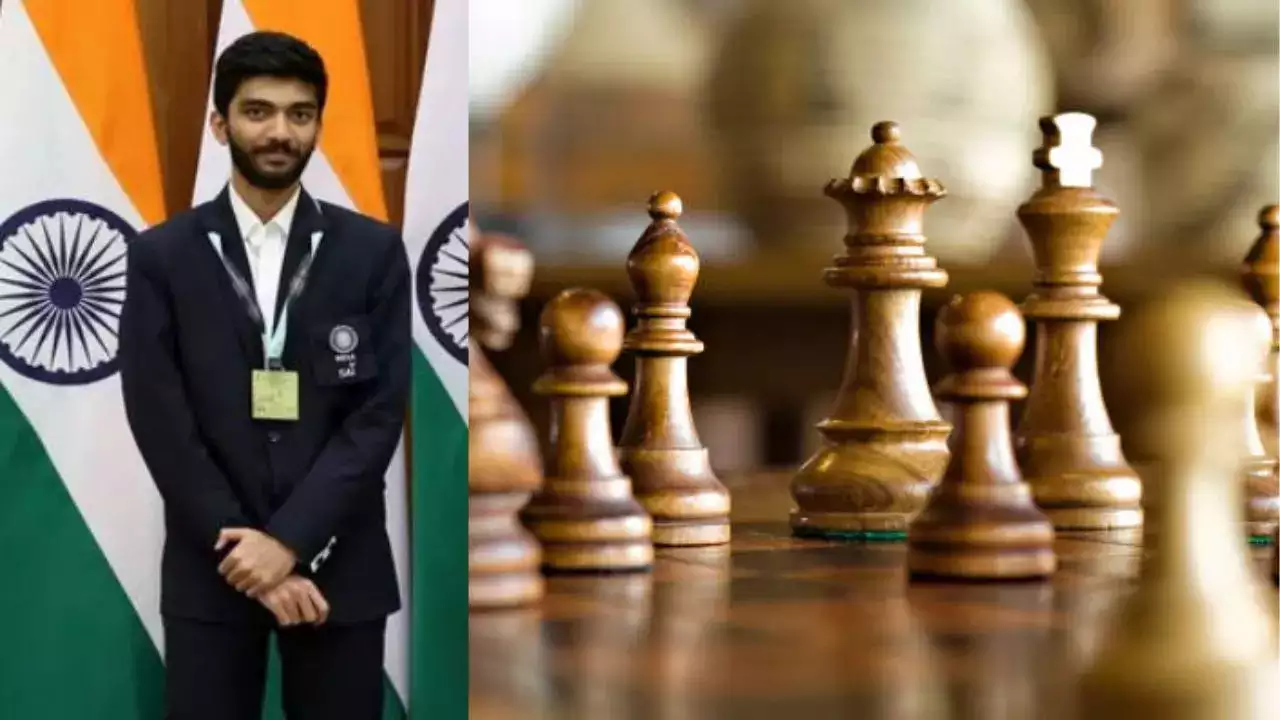
Playing chess improves cognitive skills like memory, planning, and problem-solving
India’s Gukesh Dommaraju created history by becoming the youngest-ever world champion in the history of chess. The 18-year-old, who defeated defending champion Ding Liren in the final game to win the title is an avid yoga practitioner and meditates regularly to not get burnt out while constantly in the groove.
"I've been dreaming about this and living this moment since I was 6 or 7. Every chess player wants to live this moment, and to be one of them is .... I'm living my dream. I'd like to thank God—this whole journey—from candidates till here could only be possible by God," he said after the win.
The youngster previously admitted that while he was not adept at handling pressure during his initial days in the sport, the eventual maturity helped him maintain his mental health and handle the psychological part of the game well.
Chess for mental health
According to doctors, playing chess improves cognitive skills like memory, planning, and problem-solving. It also reduces symptoms of certain brain conditions.
Not only does it involve an intense intellectual challenge, which is good for your brain’s health, but it also helps you grow intellectually. According to behavioural scientists, the sport is extremely essential to exercising empathy and building healthy social relationships.
Enhances memory
Chess players have very strong memory skills as the game involves memorizing numerous combinations of moves and their potential outcomes.
It also enhances auditory memory—the ability to remember what you learn through hearing.
Elevates your creativity
Playing chess and regularly practicing the sport can help you interpret patterns and meaning in abstract forms. Experts say chess increases students’ ability to exercise divergent and creative thinking.
Help better planning skills
As chess games go on for longer periods of silent contemplation, players get time to anticipate their opponents' moves and responses to predict every eventuality. It helps them plan better, thereby exceeding their mind.
Protects against dementia
According to scientists, regularly practicing chess can help protect the elderly from conditions like dementia and Alzheimer’s disease.
The game challenges memory, calculation, visual-spatial skills, and critical thinking abilities and helps reduce cognitive decline as you age.
Improves ADHD symptoms
Regular chess practice helps improve the symptoms of attention deficit hyperactivity disorder or ADHD. According to a study, there has been a more than 40 per cent decrease recorded in both inattentiveness and overactivity following the course of treatment in young students.
Get Latest News Live on Times Now along with Breaking News and Top Headlines from Health and around the world.